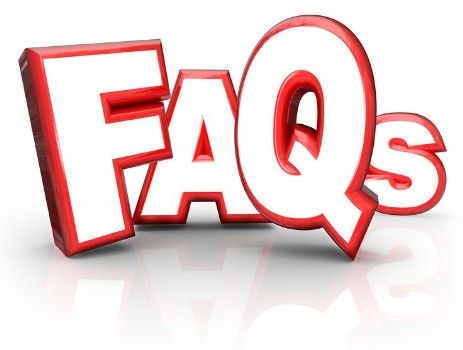PEO FAQs

What is a PEO? A PEO is a business entity that provides Human Resources Services, Employee Benefits, Payroll Administration and Risk Management Services to its client companies on an outsourced basis through the use of a co-employment relationship.
What is Co-Employment? In a co-employment relationship, the PEO acts as the administrative employer, and the client acts as the worksite employer. The employer maintains control of the business and is in charge of all business decision-making, including employee supervision and staffing decisions. The PEO handles the time-consuming administrative tasks associated with the employment relationship.
What types of companies use a PEO? Companies in virtually every industry use the services provided by a PEO. Any company interested in trying to improve its performance in an increasingly competitive marketplace should consider this type of partnership.
How will my business benefit from a partnership with a PEO? When you partner with a PEO, you are better positioned to:
Focus on Your Core Business – Remove non-revenue producing tasks and spend more time on what counts: developing and retaining customers.
Lower Expenses and Increase Profits – Outsource your human resources, benefits and payroll administrative tasks to a provider who has economies of scale and broad expertise.
Become an Employer of Choice – Provide world-class Employee Benefits programs that enable you to attract and retain great employees.
Maintain Peace of Mind – Protect your business and ensure legal compliance with improved risk management, safety support, training and claims processing services.
Does the PEO have to process the payroll? Yes. Paying wages is an essential component of the co-employment relationship. Without this component, a PEO would not be able to provide workers’ compensation, health benefits and various other services that rely upon the co-employment relationship’s existence. Employers provide the salary and hours for each worksite employee, and the PEO processes the payroll with your imprinted company name on each check and files all payroll-related taxes and reports.
Why is a PEO better than a payroll service? A PEO's services are much more comprehensive than a payroll service provider. The PEO not only administers your payroll but has numerous specialists managing your Workers’ Compensation, Unemployment and Benefits programs, as well as handling regulatory compliance, filing and record keeping, and human resources.
What Workers' Compensation functions does a PEO perform? Your employees are covered by the PEO's policy with each client receiving its own individual policy as required by state and federal law, so you have no prepayment of premium, finance charge, deposit, audit and punitive rate responsibilities. They provide loss control, risk management, claims management, year-end audits, employee safety programs, processing of forms, follow-up on claims and litigation, and filing of all notices and certificates of insurance. The PEO will provide updates on new legal requirements in the care of injured workers, as well as provide a managed care program.
Will we lose our company relationship with our employees when we partner with a PEO? No. The management relationship that you have with your employees will continue, but the partnership enables you to offer improved HR-related products and services.
Do I have to buy all of the products and services the PEO offers? Or can I use (and pay) for only those services that I need? In most cases, virtually all products and services offered by a PEO are included at no additional cost as part of their Service Agreement. Additional services are offered on an a la carte basis. This allows them create a customized plan specific to your needs. You can choose as many of these additional services as you need and only pay for the ones that you use.
How can a PEO negotiate better rates than I can get on benefits? As an employer of thousands, a PEO enjoys greater economies of scale when purchasing employee benefits. This not only applies to employee medical benefits (i.e. health and dental insurances) and financial benefits -- i.e. 401(k) and Section 125 --but also to Workers’ Compensation rates. The PEO often can negotiate better Workers’ Compensation rates because its claim experience is spread over a much larger number of employers.
Who is responsible for employment taxes? While the client is responsible for providing the funds to cover payroll and payroll taxes, a PEO administers payment of wages to employees and payment of taxes to the appropriate agencies.
Who is responsible for compliance and employment laws & regulations? One of the responsibilities of a PEO is to provide clients with guidance and education regarding employment laws and regulations. Ultimately, the responsibility for complying with most of these laws lies with the client.
How does a PEO help me recruit the best employees and reduce turnover? By providing a comprehensive benefits plan, a PEO gives employers the opportunity to attract better employees, retain existing employees, compete with larger employers and become an employer of choice. Most PEOs also provide a professional staffing group which provides access to discounted professional recruiting services.
NOTE: The answers presented above may vary from one PEO to another. Please refer to detailed documentation for clarification on what services and responsibilities are included in any service contract.
